Extra virgin olive oil is an abundant source of antioxidant compounds such as vitamin E, oleacein, and oleocanthal. It may play a role in lowering the risk of heart disease, supporting cognitive health, and offering protection against certain cancers.
Celebrated for its deep flavor, flexibility, and wellness advantages, extra virgin olive oil is a valuable staple to keep in your kitchen pantry.
It’s simple to use for roasting, frying, baking, or sautéing, and it’s loaded with antioxidants and fats that are beneficial for the heart.
Moreover, it has been the subject of many studies highlighting its health-promoting properties, with research indicating potential protection against cardiovascular disease, cancer-fighting effects, and anti-inflammatory actions.
This article explores the potential advantages, drawbacks, and uses of extra virgin olive oil, and compares it with other frequently used cooking oils.
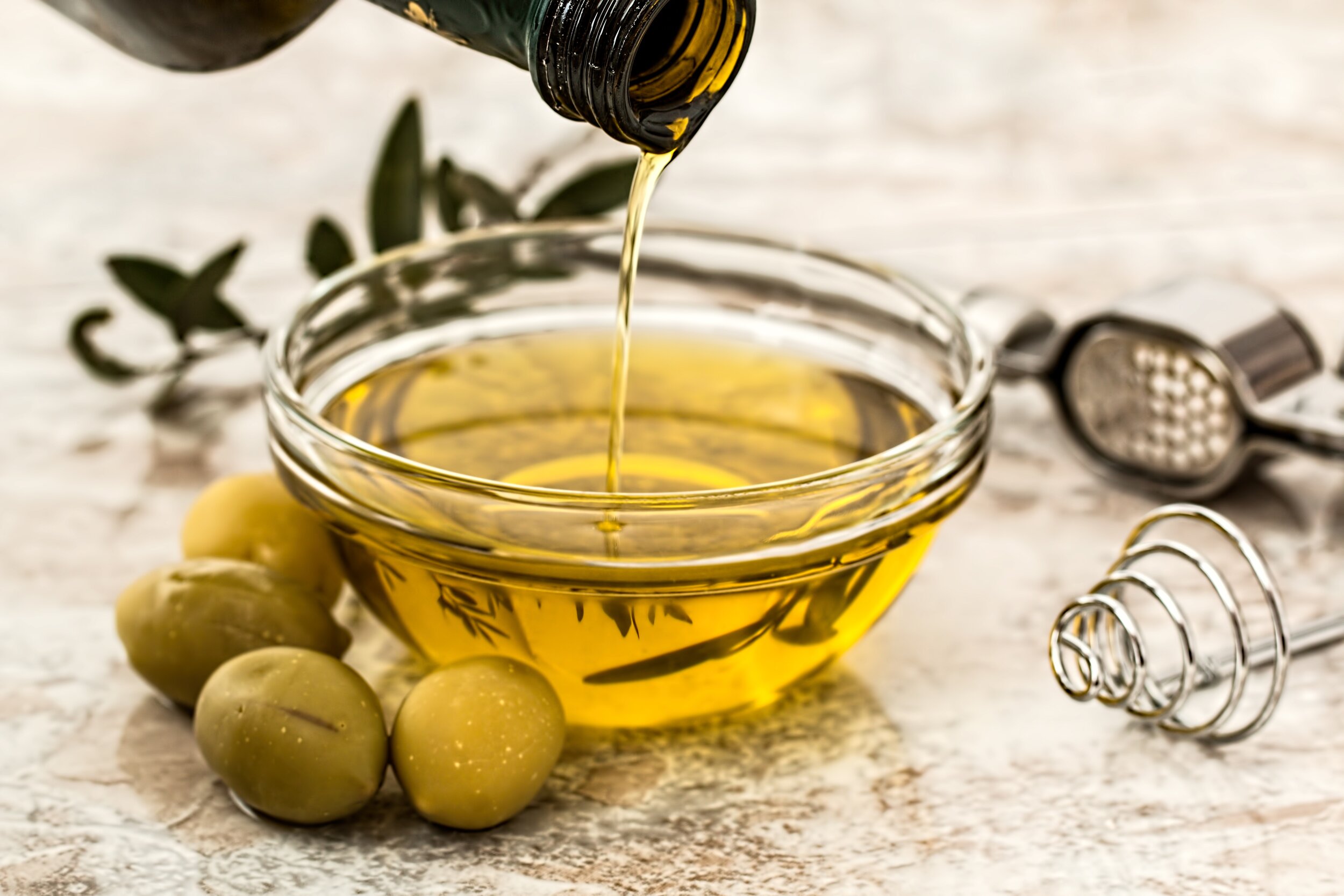
What is olive oil and how is it made?
Olive oil is produced from olives, the fruit of the olive tree.
The production is relatively straightforward. Olives can be pressed to release their oil, but modern techniques usually involve crushing the fruit, mixing the paste, and separating the oil from the solids via centrifugation.
After centrifugation, some oil remains in the solids. This remaining oil can be extracted with chemical solvents and is referred to as olive pomace oil.
Olive oils come in different grades that differ by their nutrient profiles and the extent of processing.
The primary grades include:
- refined olive oil
- virgin olive oil
- extra virgin olive oil
Extra virgin olive oil is the least refined form and is often regarded as the healthiest option. It’s obtained through natural methods and evaluated for purity and sensory attributes like flavor and aroma.
Besides its distinctive taste and scent, extra virgin olive oil is high in antioxidants and has been linked to numerous potential health benefits.
SummaryModern olive oil is produced by crushing olives and separating the oil from the solids via centrifugation. Extra virgin olive oil is the least processed form and is rich in antioxidants.
Nutrient composition of extra virgin olive oil
Extra virgin olive oil is abundant in heart-supporting fats and supplies vitamins E and K.
One tablespoon (about 14 grams) of olive oil provides the following nutrients:
- Calories: 119
- Saturated fat: 14% of total calories
- Monounsaturated fat: 73% of total calories (primarily oleic acid)
- Polyunsaturated fat (PUFA): 11% of total calories
- Vitamin E: 13% of the Daily Value (DV)
- Vitamin K: 7% of the DV
Extra virgin olive oil is an excellent source of antioxidants, compounds that help counteract inflammation and chronic disease.
Major antioxidant compounds in the oil include the anti-inflammatory oleocanthal and oleuropein, which protects LDL (bad) cholesterol from oxidative damage.
Some critics note olive oil’s omega-6 to omega-3 ratio as high. Nonetheless, because its overall polyunsaturated fat content is relatively modest, this is unlikely to be a major concern.
What makes it so healthy?
Apart from its robust antioxidant profile, extra virgin olive oil is rich in monounsaturated fatty acids, a category of healthy fats linked to several benefits.
Research indicates that monounsaturated fats may support heart health and potentially lower the risk of cardiovascular disease.
Extra virgin olive oil also supplies meaningful amounts of vitamins E and K per serving. Vitamin E acts as an antioxidant and essential nutrient, while vitamin K is important for bone strength, blood clotting, cardiovascular health, and more.
SummaryOlive oil is very high in monounsaturated fats and contains modest levels of vitamins E and K. Extra virgin olive oil is also abundant in antioxidants, some of which have powerful effects.
Extra virgin olive oil contains anti-inflammatory substances
Chronic inflammation is thought to be a major driver of many illnesses, including heart disease, cancer, metabolic syndrome, type 2 diabetes, and arthritis.
Some experts believe olive oil’s anti-inflammatory properties underlie many of its health benefits.
Oleic acid, the primary fatty acid in olive oil, has been shown to lower inflammation markers such as C-reactive protein (CRP).
However, the oil’s principal anti-inflammatory actions appear tied to antioxidants like oleacein and oleocanthal, which significantly reduce inflammation in laboratory and animal studies.
Notably, several human studies have observed that regular olive oil consumption may be associated with lower levels of inflammation markers, including CRP and interleukin-6.
Keep in mind that chronic, low-grade inflammation is typically mild and takes many years to have damaging effects. More human research is needed before definitive conclusions can be drawn about olive oil’s impact on it.
Still, making extra virgin olive oil a consistent part of your diet might offer long-term protective effects, potentially lowering the risk of various inflammatory conditions, including heart disease.
SummaryOlive oil contains oleic acid and antioxidant compounds that can help reduce inflammation. This effect may be central to its health benefits.
Extra virgin olive oil and heart disease
Cardiovascular conditions, such as heart disease and stroke, rank among the leading causes of death worldwide.
Nevertheless, observational studies show lower mortality from these diseases in some regions, especially Mediterranean countries where olive oil is a dietary mainstay.
This observation helped popularize the Mediterranean diet, which seeks to reflect food patterns typical of that region.
Research consistently links the Mediterranean diet to better heart health and a reduced risk of heart disease and stroke.
Extra virgin olive oil may protect against heart disease through multiple mechanisms:
- Reduces inflammation. Olive oil can lower inflammation, a central factor in heart disease.
- Prevents LDL oxidation. Olive oil may shield LDL particles from oxidative damage, a key step in heart disease development.
- Enhances blood vessel function. Olive oil may improve endothelial function, the lining of blood vessels.
- Modulates blood clotting. Some evidence suggests olive oil may help prevent harmful blood clots that can cause heart attacks and strokes.
- May lower blood pressure. Increased olive oil intake has been associated with modest reductions in blood pressure, which could reduce heart disease risk.
Given these beneficial properties, it’s unsurprising that many studies link higher olive oil consumption with a reduced risk of heart disease and stroke.
SummaryOlive oil can enhance multiple aspects of cardiovascular health. Studies indicate it may lower blood pressure and inflammation, protect LDL from oxidation, boost blood vessel function, and reduce the risk of harmful blood clots.
Other health benefits of extra virgin olive oil
Although most research focuses on heart-related outcomes, olive oil intake has been associated with several other potential health advantages.
Olive oil and cancer
Populations in Mediterranean countries tend to have relatively low cancer rates, which may partially reflect their intake of anti-inflammatory foods, including olive oil.
Oxidative damage from free radicals is one factor that may contribute to cancer, but extra virgin olive oil is rich in antioxidants that help prevent oxidative harm.
Oleic acid is notably resistant to oxidation and has shown the ability to slow cancer cell growth and spread in some laboratory studies.
A 2011 review found that regular olive oil consumption may be linked to a lower risk of breast cancer and digestive tract cancers.
However, higher-quality, recent human studies are needed to better understand olive oil’s role in cancer prevention when consumed as part of a balanced diet.
Olive oil and Alzheimer’s disease
Alzheimer’s disease is the most common neurodegenerative disorder and a leading cause of dementia.
One hallmark of Alzheimer’s is accumulation of beta-amyloid protein plaques in brain neurons.
Animal research suggests that extra virgin olive oil and some of its constituents may help preserve cognitive function by preventing the buildup of these proteins.
Additionally, some studies indicate that adherence to the Mediterranean diet, which typically includes generous olive oil intake, is associated with a lower risk of dementia and cognitive decline.
SummaryEarly evidence suggests olive oil may help reduce the risk of cancer and Alzheimer’s disease, though more human trials are required to confirm these effects.
Extra virgin olive oil vs. other oils
Besides extra virgin olive oil, many other cooking oils are popular, including regular olive oil, canola oil, vegetable oil, avocado oil, and coconut oil.
Below is a comparison of extra virgin olive oil with several other oils (, , , , , , 48):
BasicsTasteNutrient compositionUsesSmoke pointExtra virgin olive oilmade from cold-pressed olivesstrong, olive-like flavor• 119 calories/tablespoon (14 grams)
• 73% MUFA
• 11% PUFA
• 14% saturated fat• stir-frying
• sautéing
• salad dressings
• marinades
• finishing oil405° F (207° C)Regular olive oilderived from olives through mechanical or chemical meansmild, neutral flavor• 119 calories/tablespoon (14 grams)
• 67% MUFA
• 10% PUFA
• 16% saturated fat• stir-frying
• sautéing
• grilling
• baking
• frying
• marinades406° F (208° C)Canola oilextracted from rapeseed using chemical solventsneutral flavor• 124 calories/tablespoon (14 grams)
• 63% MUFA
• 28% PUFA
• 7% saturated fat• stir-frying
• sautéing
• grilling
• baking
• frying
• marinades493° F (256° C)Vegetable oilusually made from a blend of oils, including corn, soy, or sunflower oilneutral flavor• 124 calories/tablespoon (14 grams)
• 42% MUFA
• 41% PUFA
• 14% saturated fat• stir-frying
• sautéing
• grilling
• baking
• frying
• marinades400° F (204° C)Avocado oilextracted from cold-pressed avocado pulpmild and nutty flavor• 124 calories/tablespoon (14 g)
• 71% MUFA
• 14% PUFA
• 12% saturated fat• stir-frying
• sautéing
• salad dressings
• marinades
• finishing oil520° F (271° C)Coconut oilderived from fresh or dried coconut meat or milk• virgin coconut oil: tropical, coconut flavor
• refined coconut oil: neutral flavor• 121 calories/tablespoon (14 g)
• 6% MUFA
• 2% PUFA
• 83% saturated fat• stir-frying
• sautéing
• baking
• frying376° F (191° C)
SummaryThere are many types of cooking oils, each differing in flavor, nutritional profile, culinary uses, and smoke point.
Can you cook with it?
When exposed to heat, fatty acids can oxidize — reacting with oxygen and becoming damaged.
The susceptibility largely depends on the number of double bonds in the fatty acid molecules.
Saturated fats lack double bonds and are therefore more heat-stable. Polyunsaturated fats have multiple double bonds and are more prone to heat damage.
Olive oil is predominantly monounsaturated, featuring a single double bond, so it is relatively stable at moderate cooking temperatures.
In a 2007 experiment, researchers heated extra virgin olive oil to 356°F (180°C) for 36 hours and observed that it remained fairly resistant to deterioration.
A 2017 review concluded that olive oil performs as well as or better than other vegetable oils for frying at temperatures around 356–374°F (180–190°C).
Overall, olive oil appears safe for cooking at moderate temperatures.
SummaryOlive oil withstands moderate heat well and can be safely used for many cooking methods.
Risks of extra virgin olive oil
Like other fats, extra virgin olive oil is calorie-dense, delivering about 119 calories per tablespoon (14 g).
Consuming more calories than you expend contributes to weight gain over time.
Therefore, without dietary adjustments, high intake of olive oil could make weight management more difficult.
Also, though uncommon, some individuals may be allergic to olives or olive oil. If you experience allergic symptoms after consuming olive oil, discontinue use and consult a healthcare provider.
SummaryOlive oil is high in calories and may promote weight gain if consumed excessively. A small number of people may also have allergies to olives or olive oil.
Frequently asked questions
Is it OK to cook with extra virgin olive oil?
Olive oil is mainly composed of monounsaturated fats, which are stable at moderate heat.
It also has a relatively high smoke point, making it suitable for roasting, grilling, baking, and sautéing (48).
Can you substitute extra virgin olive oil for other oils in cooking?
In most recipes, you can replace other oils — such as vegetable, coconut, or canola oil — with an equal amount of extra virgin olive oil.
Bear in mind that extra virgin olive oil has a distinctive flavor and aroma, which may slightly alter the taste of your dish.
Is extra virgin olive oil healthy?
Extra virgin olive oil is rich in heart-friendly fats and antioxidants, making it a valuable component of a healthy diet.
It has been associated with numerous health benefits and may help reduce inflammation and the risk of heart disease, some cancers, and type 2 diabetes.
Can olive oil reduce belly fat?
Some studies indicate that diets higher in olive oil may aid in weight management and could help reduce body fat.
However, because oil is calorie-dense, it’s important to use it in place of other fats and consume it in moderation to reap potential benefits.
Can I use extra virgin olive oil on my face?
Olive oil is used as a natural skincare ingredient and can be applied to the face alone or mixed with substances like honey or egg yolks.
Aside from moisturizing, some research suggests it may reduce inflammation, aid wound healing, and slow aspects of skin aging.
Make sure to remove excess oil to avoid clogged pores and perform a patch test before applying it broadly to facial skin.
The bottom line
Extra virgin olive oil is not only high in heart-healthy fats but also an excellent source of antioxidant compounds such as vitamin E, oleacein, and oleocanthal.
It’s linked to a wide array of potential health benefits and may help protect against heart disease, support brain health, and lower the risk of certain cancers.
Additionally, it’s highly versatile and complements many dishes, from baked recipes to stir-fries, sautéed vegetables, dressings, and more.


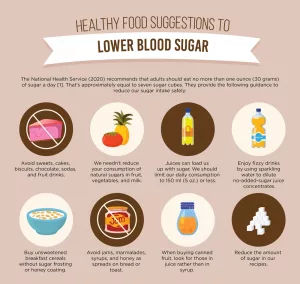


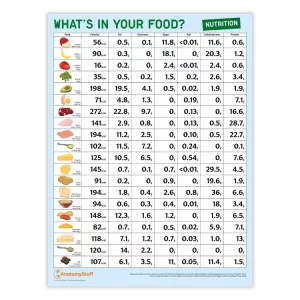
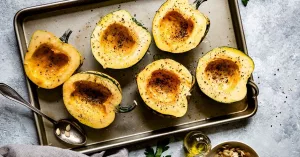
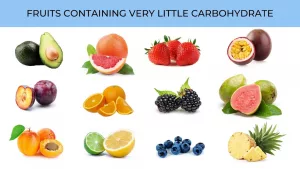

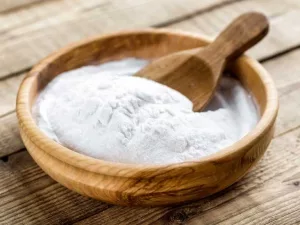





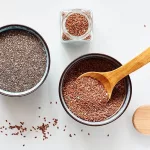









Leave a Reply
You must be logged in to post a comment.